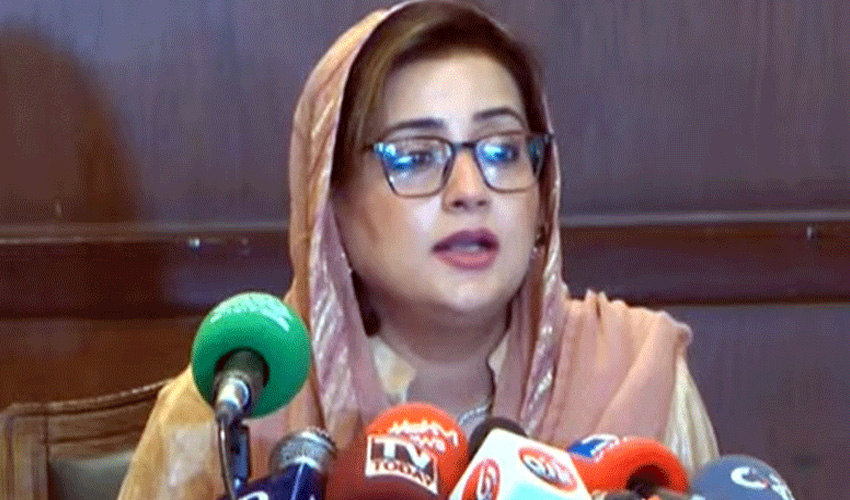Jamiat Ulema-e-Islam (Fazal) leader Fazlur Rehman elaborated on the extensive negotiation process that lasted more than a month regarding the bill on religious schools.
He emphasized that both the government and opposition parties were on board, with negotiations often involving mutual explanations to reach solutions.
Fazlur Rehman highlighted the history of the issue, beginning with negotiations in 2004 between the government and religious schools.
At that time, the government raised three key questions: the financial system of religious schools, their curriculum, and their organizational structure.
After negotiations, the government passed a law ensuring religious schools did not promote sectarianism or violence. However, issues continued to arise over time, leading to further agreements in 2010 to address complaints and concerns regarding intimidation and harassment in schools.
The debate intensified after the 18th Amendment, with the government suggesting that religious schools should register with the federal Ministry of Education, as the matter became a provincial issue. However, the agreement only contained executive orders, which failed to be implemented, such as the opening of bank accounts for schools or the registration of foreign students.
Fazlur Rehman further stated that the government's inability to implement the earlier agreements led to broken relationships with religious schools.
In a bid to resolve the matter, discussions continued under the leadership of the Prime Minister, who showed support for addressing the issue.
A draft was presented to the House, but Rehman claimed that unexpected changes during the second reading of the bill violated the previous agreements, leading him and his party to withdraw support for the legislation.
He stressed that the mutual agreement reached with religious organizations had been broken and that the new legislation was not in line with the established principles.



























